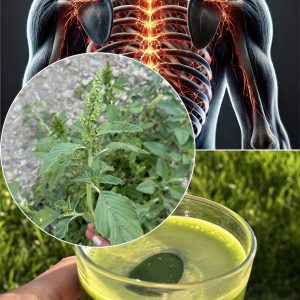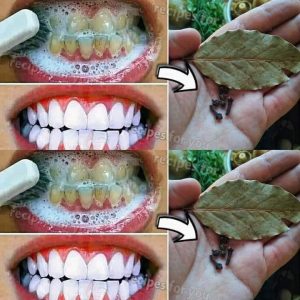Osteoporosis is often associated with calcium deficiency, but the hidden causes of this bone-thinning disease go beyond just the lack of calcium. While calcium plays a crucial role in bone health, other factors significantly contribute to the development of osteoporosis. Understanding these hidden causes can help in better prevention and management of the condition.
Vitamin D Deficiency
Role of Vitamin D: Vitamin D is essential for calcium absorption in the intestines. Without adequate vitamin D, the body cannot absorb enough calcium, regardless of how much is consumed through diet.
Sources of Vitamin D: Sunlight exposure is a primary source of vitamin D. Dietary sources include fatty fish, fortified dairy products, and supplements.
2. Hormonal Imbalances
Estrogen: In women, estrogen plays a crucial role in maintaining bone density. Menopause leads to a significant drop in estrogen levels, which can accelerate bone loss.
Testosterone: In men, testosterone is important for bone health. Low levels of testosterone can contribute to osteoporosis.
Thyroid Hormones: Overactive thyroid (hyperthyroidism) can lead to bone loss as thyroid hormones can speed up bone resorption.
3. Chronic Inflammation
Impact on Bones: Chronic inflammation can increase the activity of osteoclasts, the cells that break down bone tissue. Conditions like rheumatoid arthritis and inflammatory bowel disease are linked to increased bone loss.
4. Acidosis
Diet and Bone Health: A diet high in acidic foods (like processed foods, meats, and sugars) can lead to a condition called metabolic acidosis. The body may leach calcium from bones to neutralize the acid, leading to bone loss.
Alkaline Diet: Consuming a diet rich in fruits and vegetables can help maintain a more alkaline balance in the body, protecting bone health.
5. Lack of Physical Activity
Weight-Bearing Exercises: Bones need stress to maintain their strength. Weight-bearing exercises such as walking, running, and resistance training stimulate bone formation and help maintain bone density.
Sedentary Lifestyle: A sedentary lifestyle leads to decreased bone formation and increased bone resorption, making bones weaker over time.
6. Nutritional Deficiencies
Magnesium: Magnesium is essential for converting vitamin D into its active form, which is crucial for calcium absorption. Foods rich in magnesium include nuts, seeds, whole grains, and green leafy vegetables.
Vitamin K2: Vitamin K2 helps direct calcium to the bones and teeth, preventing it from being deposited in the arteries and soft tissues. It is found in fermented foods like natto, cheese, and in supplement form.
Protein: Adequate protein intake is necessary for bone health. Both low and excessively high protein intakes can negatively affect bone health, so a balanced diet is crucial.
7. Gut Health
Microbiome: A healthy gut microbiome aids in the absorption of nutrients essential for bone health, such as calcium, magnesium, and vitamin D.
Digestive Disorders: Conditions like celiac disease or Crohn’s disease can impair nutrient absorption, leading to deficiencies that affect bone health.
8. Genetics
Family History: Genetics play a role in bone density and the risk of osteoporosis. If there is a family history of osteoporosis, the risk increases, making it important to take preventive measures early.
9. Medications
Steroids: Long-term use of corticosteroids can lead to significant bone loss.
Other Medications: Certain medications for conditions like epilepsy, cancer, and autoimmune diseases can also negatively impact bone health.
Prevention and Management
- Balanced Diet: Ensure a diet rich in calcium, magnesium, vitamin D, vitamin K2, and protein.
- Regular Exercise: Engage in weight-bearing and resistance exercises.
- Sun Exposure: Get adequate sunlight exposure to maintain healthy vitamin D levels.
- Limit Acidic Foods: Reduce intake of processed foods, meats, and sugars.
- Check Hormones: Regularly monitor hormone levels, especially during menopause or if there’s a risk of thyroid disorders.
- Gut Health: Maintain a healthy gut through a balanced diet and possibly probiotics.
- Avoid Smoking and Excessive Alcohol: Both can contribute to bone loss.
Conclusion
Osteoporosis is a multifactorial disease with causes that extend beyond calcium deficiency. By understanding and addressing these hidden factors—such as vitamin D deficiency, hormonal imbalances, chronic inflammation, and lifestyle choices—you can better prevent and manage osteoporosis. A holistic approach to bone health, encompassing diet, exercise, and lifestyle changes, is key to maintaining strong and healthy bones.





